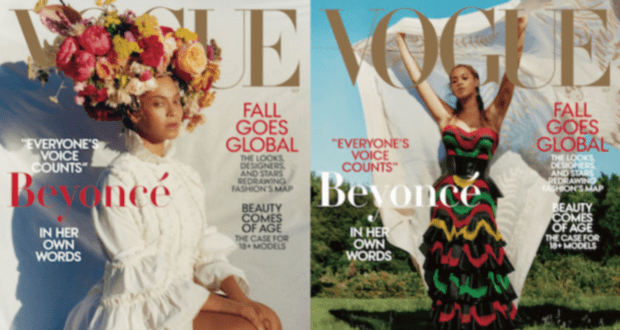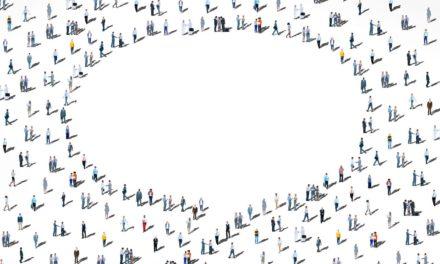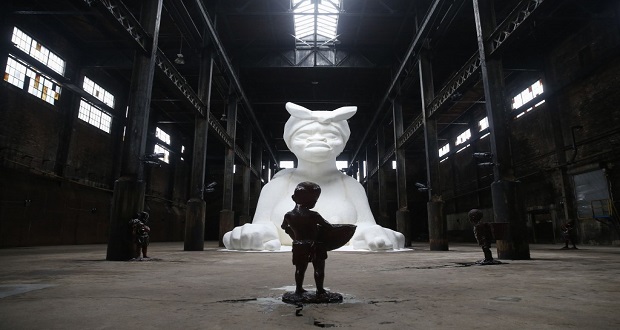
Photo Credit: Tyler Mitchell/Vogue
All hail Queen Bey! This week Vogue unveiled its September issue featuring two versions with none other than Beyoncé. If you’re not a card-carrying member of the “Beyhive”, you might be thinking, “Big deal.” But it is a big deal—a very big deal. And I will tell you why.
Beyoncé was able to select the photographer she wanted to shoot her images for the cover feature. She chose Tyler Mitchell, a 23-year old black photographer. Both versions of the cover mark the first time in magazine’s 126-year history that an African-American photographer shot a Vogue cover. That is HUGE.
I cried 3 times already this morning. Here’s Beyonce by me for the September 2018 cover of American Vogue.https://t.co/S7JiYGDAG5 pic.twitter.com/l1ZsfvaK6G
— Tyler Mitchell (@Tyler_Mitchell_) August 6, 2018
And Beyoncé knew this, so her selection of Mitchell was indeed by design. Beyoncé shares her thought process in her interview:
“Until there is a mosaic of perspectives coming from different ethnicities behind the lens, we will continue to have a narrow approach and view of what the world actually looks like. That is why I wanted to work with this brilliant 23-year-old photographer Tyler Mitchell.
When I first started, 21 years ago, I was told that it was hard for me to get onto covers of magazines because black people did not sell. Clearly that has been proven a myth. Not only is an African American on the cover of the most important month for Vogue, this is the first ever Vogue cover shot by an African American photographer.
It’s important to me that I help open doors for younger artists. There are so many cultural and societal barriers to entry that I like to do what I can to level the playing field, to present a different point of view for people who may feel like their voices don’t matter…If people in powerful positions continue to hire and cast only people who look like them, sound like them, come from the same neighborhoods they grew up in, they will never have a greater understanding of experiences different from their own. They will hire the same models, curate the same art, cast the same actors over and over again, and we will all lose.”
Even the non-Beyhivers can appreciate that!
Beyoncé’s advocacy in this issue of Vogue moves beyond the photography. In the same interview, she also opens up about her latest birth experience with her twins Rumi and Suri. She shares the struggles she had toward the end of the pregnancy and how both her health and the babies’ health were in danger. Similarly, Serena Williams also opened up about her birth experience in an earlier edition of Vogue this year. She explains how she had to demand a CT Scan the day after giving birth because she knew something was wrong and the nurses at first refused. Their stories help to shed light on the fact that black women disproportionately suffer complications of pregnancy and childbirth. Black mothers are three to four times more likely to die than white mothers. If celebrities like Beyoncé and Serena did not share their stories, I wonder if we would be hearing so much about this issue that has affected black women for generations.
After reading Beyoncé’s Vogue interview, I started thinking about other celebrities using their privilege to fight inequities and injustice. We are all familiar with Colin Kaepernick, the NFL Quarterback who used his platform to highlight the issue of unarmed black and brown people being killed at the hands of police by kneeling during the National Anthem. Many speculate that his activism is the reason he is not currently signed to an NFL roster. Also this month, Lebron James unveiled the opening of his I Promise School. The school for at-risk youth in his hometown of Akron, Ohio is just another example of using the power of celebrity to fight the inequitable systems.
During his Pro Football Hall of Fame induction last week, former NFL wide receiver Randy Moss wore a black tie listing the names of twelve black men and women who were killed by police or while in police custody. In an interview with The Undefeated, Moss explains his decision, “My intention was not to divide. We’re divided enough. My intention was to love. … We’re in a crisis right now. … [P]eople losing their lives all the time is not supposed to happen. It’s not what they deserved. What happened, and what happens so many times, is that … it’s just wrong. These people shouldn’t have lost their lives. … [W]e’ve got to put the attention on the right things. We’ve got to admit to the problem. Everybody.”
Randy Moss' tie he wore tonight pic.twitter.com/RreQNkkNmZ
— Sports Illustrated (@SInow) August 5, 2018
Most of you reading this are not celebrities. However, we all have some form of privilege that we are obligated to spend. I encourage you to use your privilege and voice to speak out against injustices and inequities that you see in your workplace and community.
We all have some form of privilege that we are obligated to spend. I encourage you to use your privilege and voice to speak out against injustices and inequities that you see in your workplace and community. #BeLikeBeyonce Share on XThis week, August 7th, was Black Women’s Equal Pay Day. The date chosen has significance. It is estimated that to reach pay equity, black women have to work through August 2018 to make the same wages as their white male counterparts made in 2017. On average, black women were paid 66 cents on the dollar relative to white men in 2017, regardless of education, experience, or location, according to a recent analysis by the Economic Policy Institute.
How can you use your privilege to fight pay equity within your organization? If you are in the medical field, what part can you play in the fight against racial bias towards black mothers? How can you #BeLikeBeyonce and advocate to see more people of color in spaces where they have been absent for over 100 years? How can you make better opportunities for those at risk? How can you unashamedly speak up and speak out?
As advocates for inclusion, we should all be looking for ways to spend our privilege to make a difference. What will you do today?
As advocates for inclusion, we should all be looking for ways to spend our privilege to make a difference. What will you do today? Share on X


















